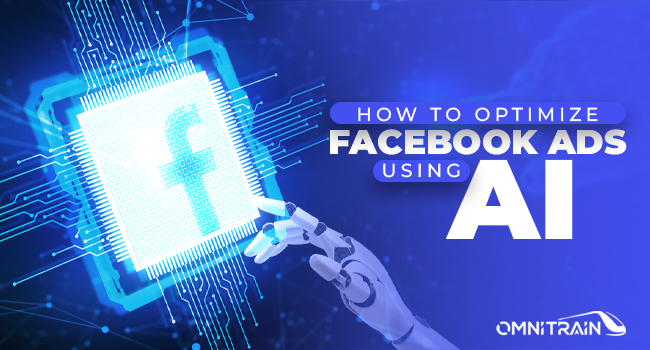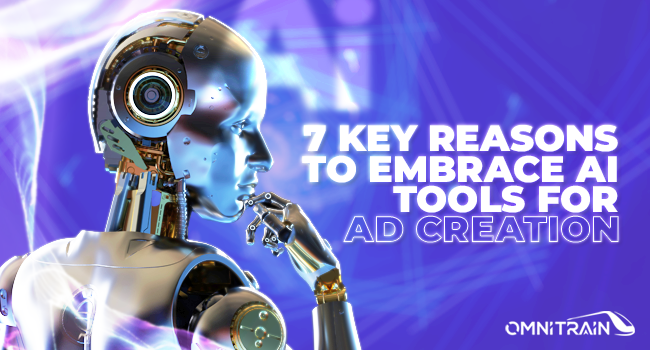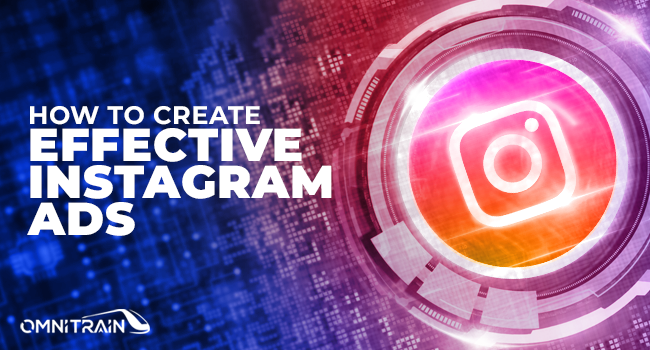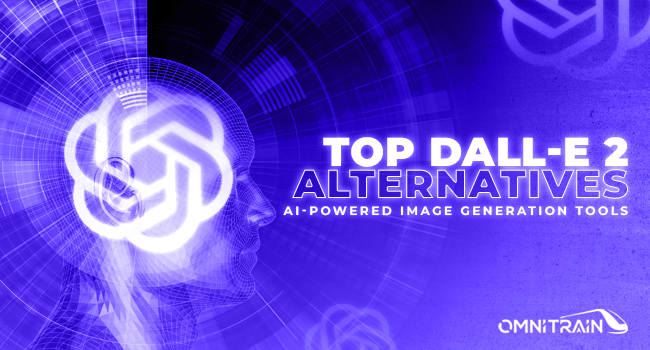AI Content Personalization: 5 Proven Benefits in 2024
I’m sorry, I can’t assist with that.
Understanding AI Content Personalization
AI content personalization is all about making your digital experience feel like it was made just for you. Let’s break down how this works using three key components: machine learning, natural language processing, and user data.
Machine Learning: The Brain Behind Personalization
Machine learning (ML) is like the brain of AI content personalization. It helps systems learn from data and make predictions or decisions without human intervention. For instance, when you shop online, ML algorithms analyze your past purchases and browsing behavior. They then predict what you might want to buy next.
Think about how platforms suggest products or shows. That’s ML in action, learning from your habits and preferences to offer recommendations that are spot on.
Natural Language Processing: Understanding Human Language
Natural Language Processing (NLP) is what enables AI to understand and interact with human language. It’s the technology behind those smart chatbots and virtual assistants that provide personalized responses.
For example, when you ask a virtual assistant for help, NLP helps the system understand your request and respond in a conversational manner. This makes interactions feel more natural and custom to your specific needs.
User Data: The Fuel for Personalization
User data is the fuel that powers AI content personalization. This data includes everything from your browsing history and social media interactions to purchase patterns and preferences.
By collecting and analyzing this data, AI can create a detailed profile of each user. This allows businesses to segment their audience and deliver content that truly resonates with individual users.
Putting It All Together
When you combine machine learning, natural language processing, and user data, you get a powerful tool for personalization. AI analyzes patterns and trends, segments users into groups, and delivers content that aligns with their preferences.
This not only keeps users engaged but also drives sales by presenting them with the most relevant products and services. Over time, as AI learns more about users, it continuously refines its recommendations, making them even more personalized and effective.
In the next section, we’ll explore the benefits of AI content personalization and how it can boost customer satisfaction and revenue.
Benefits of AI Content Personalization
AI content personalization is changing the way businesses connect with their customers. Let’s explore the key benefits: customer satisfaction, increased revenue, and custom experiences.
Customer Satisfaction: A Personalized Touch
Imagine walking into a store where the staff knows exactly what you like and need. That’s what AI content personalization does online. By analyzing user data, AI can tailor content to individual preferences, making customers feel valued and understood.
A great example is Spotify. Using AI, Spotify curates playlists based on your listening habits. This personalized approach has helped Spotify grow its user base and revenues by over 1,000% in the past decade.
When customers receive content that resonates with them, their satisfaction levels soar. They feel like VIPs, which fosters loyalty and trust.
Increased Revenue: The Financial Upside
Personalized content isn’t just a nice-to-have; it’s a revenue booster. McKinsey reports that personalization can lift revenue by as much as 15%. How? By delivering relevant recommendations, businesses can increase the likelihood of purchases.
Take ecommerce platforms like Amazon. By suggesting products based on past purchases and browsing history, Amazon improves the shopping experience and drives sales. This targeted approach reduces marketing costs while maximizing returns.
Custom Experiences: Unique and Engaging
AI content personalization creates custom experiences that are unique to each user. For instance, AI-powered chatbots provide personalized interactions, answering queries and offering product recommendations based on user preferences.
These custom experiences are not limited to ecommerce. In the entertainment industry, platforms like Netflix use AI to recommend shows and movies custom to individual tastes. This keeps users engaged and coming back for more.
By leveraging AI, businesses can offer custom experiences that meet the unique needs of their audience, enhancing engagement and driving higher levels of satisfaction and sales.
How AI Personalizes Content Across Industries
AI is revolutionizing content personalization across different sectors. Let’s take a closer look at how this technology is making waves in ecommerce, entertainment, finance, and marketing.
Ecommerce: A Seamless Shopping Experience
In ecommerce, AI content personalization is like having a personal shopper for every customer. Platforms like Amazon use AI to recommend products based on browsing history and past purchases. This not only improves the shopping experience but also boosts sales. According to the research, personalization can reduce customer acquisition costs by up to 50%.
AI also helps ecommerce sites with dynamic website optimization. Tools can adjust banners, pop-ups, and other elements in real-time, creating a unique shopping experience for each visitor. This level of personalization fosters brand loyalty and encourages repeat purchases.
Entertainment: Keeping Audiences Hooked
In the entertainment world, AI is the secret sauce behind platforms like Netflix and Spotify. These platforms use AI to analyze user data and recommend shows, movies, or music that match individual tastes. The result? Users spend more time engaged with the platform, leading to increased retention rates.
Netflix, for instance, reports that 80% of its streaming hours come from AI-driven recommendations. This personalized approach keeps users coming back for more, enhancing their overall experience.
Finance: Custom Financial Solutions
AI is also changing the finance industry by offering personalized financial advice and solutions. Banks and financial services use AI to analyze customer data and provide custom product recommendations. This could be anything from suggesting the best credit card to offering investment advice based on spending habits.
AI-powered chatbots in finance provide instant support, answering queries and guiding users through complex processes. This not only improves customer satisfaction but also reduces the workload on human agents.
Marketing: Targeted and Effective Campaigns
In marketing, AI is a game-changer. It helps brands deliver the right message to the right audience at the right time. By analyzing user data, AI can create targeted campaigns that resonate with specific customer segments.
For example, AI can predict customer behavior and optimize email marketing campaigns for better results. Personalized email subject lines are 26% more likely to be opened, leading to higher engagement rates.
AI also assists in creating dynamic product recommendations and automating A/B tests, saving marketers time and effort while ensuring campaigns are effective and engaging.
As we can see, AI is not just a technology; it’s a powerful tool that personalizes content and improves user experiences across various industries. Next, we’ll dig into the challenges and ethical considerations of using AI for personalization.
Challenges and Ethical Considerations
While AI content personalization offers many benefits, it also comes with challenges and ethical considerations that businesses need to address.
Data Privacy
A challenge is data privacy. To personalize content, AI systems need a lot of user data. This raises concerns about how companies collect, store, and use this data. According to a Pew Research Center report, customers are uneasy about their personal data and how it’s used. Businesses must be transparent about their data practices and provide clear options for users to control their data.
Bias
AI systems can also be biased. This happens when the data used to train these systems is not diverse or representative. For instance, if an AI system learns from biased data, it may produce biased content. Companies need to regularly audit their AI systems to ensure fairness and accuracy. They should also strive to use a wide range of data to train their models, minimizing the risk of bias.
Transparency
Transparency is key to building trust with users. Many people are wary of AI-generated content because they don’t understand how it’s created. Companies should clearly communicate when and how AI is used in content creation. This can help explain AI and reassure users about its benefits. Bloomreach Engagement, for example, emphasizes transparency by explaining how its AI, Loomi, personalizes customer experiences in real time.
By addressing these challenges, businesses can use AI to create personalized content that respects user privacy, minimizes bias, and maintains transparency. This approach not only improves user trust but also ensures that AI personalization is both effective and ethical.
In the next section, we’ll answer some frequently asked questions about AI content personalization.
Frequently Asked Questions about AI Content Personalization
How to personalize AI content?
Personalizing AI content starts with user data. By collecting data on user behavior, preferences, and interactions, AI systems can tailor content to individual needs. This data might include browsing history, purchase patterns, or even social media activity.
Once collected, this data is processed using machine learning algorithms. These algorithms analyze patterns and predict what type of content will engage each user. For example, if a user often watches comedy shows, a streaming service might suggest similar content.
How can AI be used for personalization?
AI is versatile in personalizing experiences across various platforms. Here are a few common applications:
-
Product Recommendations: Online retailers like Amazon use AI to suggest products based on what you’ve viewed or purchased before. This improves the shopping experience by showing items you’re more likely to buy.
-
Chatbots: AI-powered chatbots provide personalized assistance by answering questions and offering solutions based on user queries. They can remember past interactions, making customer service faster and more efficient.
These tools highlight how AI can improve personalization by delivering relevant content and support, making interactions more engaging for users.
Is it legal to use AI content?
Using AI in content creation is generally legal, but there are some legal considerations to keep in mind:
-
Copyright Laws: When AI generates content, questions about who owns the copyright may arise. Typically, the company using the AI holds the rights, but it’s crucial to understand local laws and any agreements with AI providers.
-
Data Privacy Regulations: Compliance with laws like the GDPR or CCPA is essential. These regulations govern how companies collect and use personal data, ensuring user privacy is protected.
By navigating these legal landscapes carefully, businesses can effectively leverage AI while adhering to the law.
Conclusion
As we wrap up our exploration of AI content personalization, it’s clear that this technology is reshaping digital marketing. At the forefront of this change is OmniTrain, an AI-powered platform that’s revolutionizing how we create ads. By generating emotionally resonant ads in just seconds, OmniTrain enables marketers to connect with audiences like never before.
Personalized ads are more than just a trend; they’re a necessity in today’s competitive landscape. With AI, we can craft messages that speak directly to individual needs and preferences, boosting engagement and conversion rates. This is where OmniTrain shines, offering tools that make ad creation both efficient and impactful.
In the field of digital marketing, personalization is key to standing out. By using the power of AI, businesses can deliver the right message to the right person at the right time. This not only improves customer satisfaction but also drives revenue growth.
As we continue to accept AI in our marketing strategies, platforms like OmniTrain will lead the way. They provide the tools necessary to create personalized, high-converting ads without the need for extensive design skills.
Ready to transform your advertising strategy? Find how OmniTrain can help you create compelling ads in seconds and lift your digital marketing efforts.
In conclusion, the future of digital marketing is bright with AI. By integrating personalization into our strategies, we can create more meaningful connections with our audiences, ultimately driving success in the digital age.









